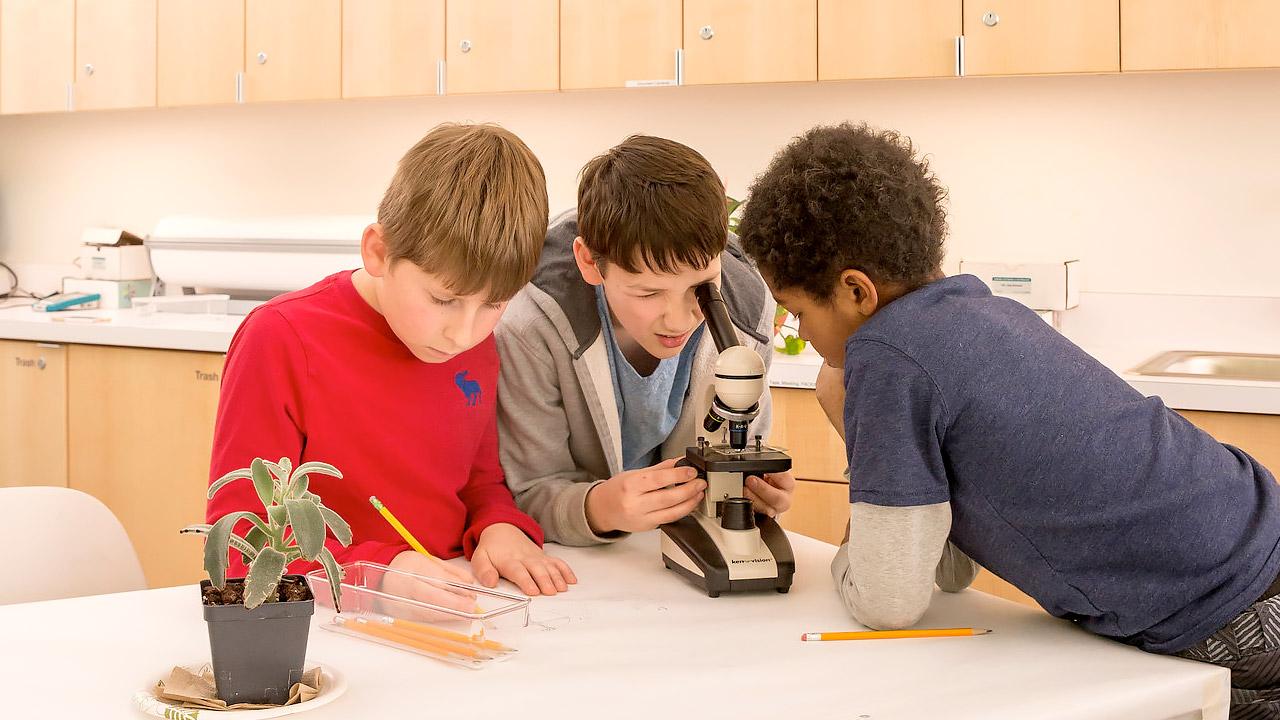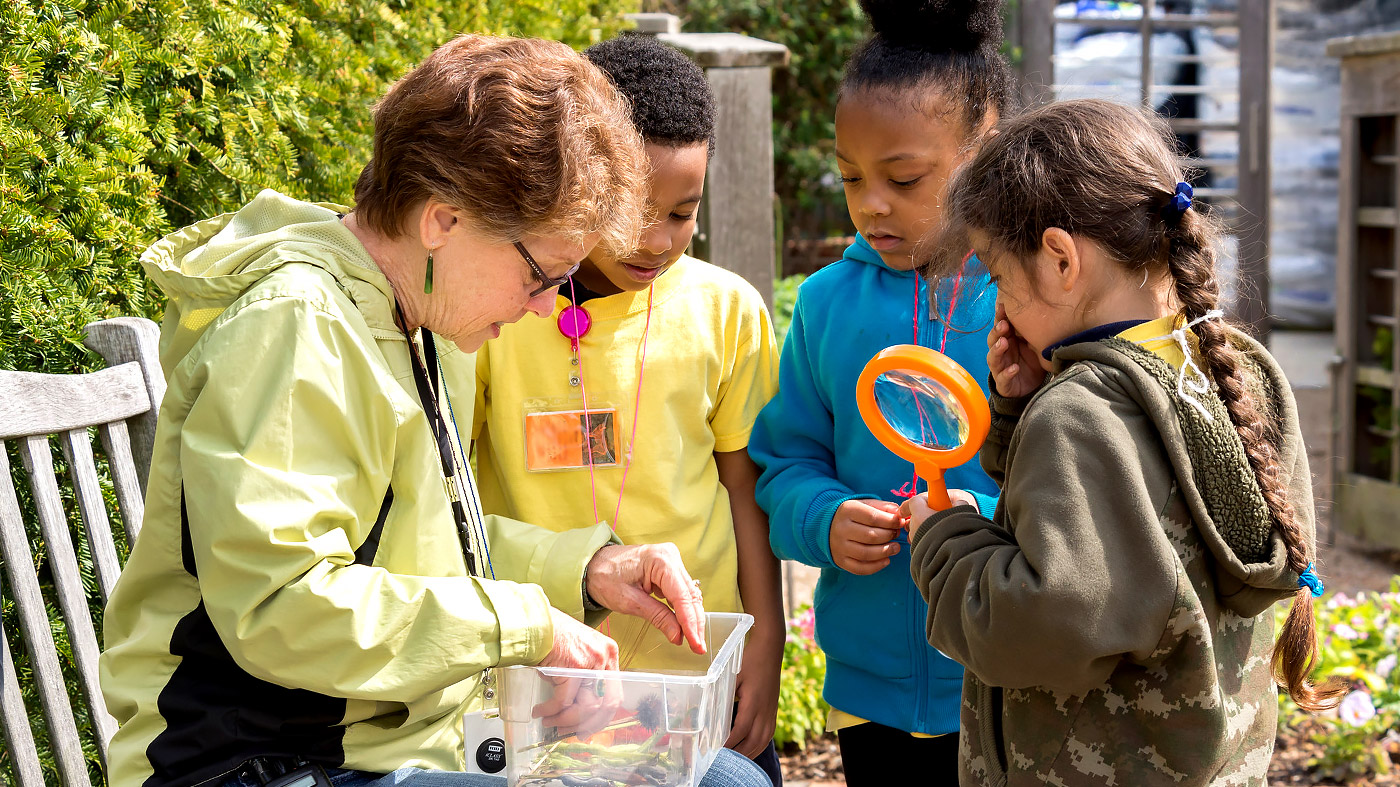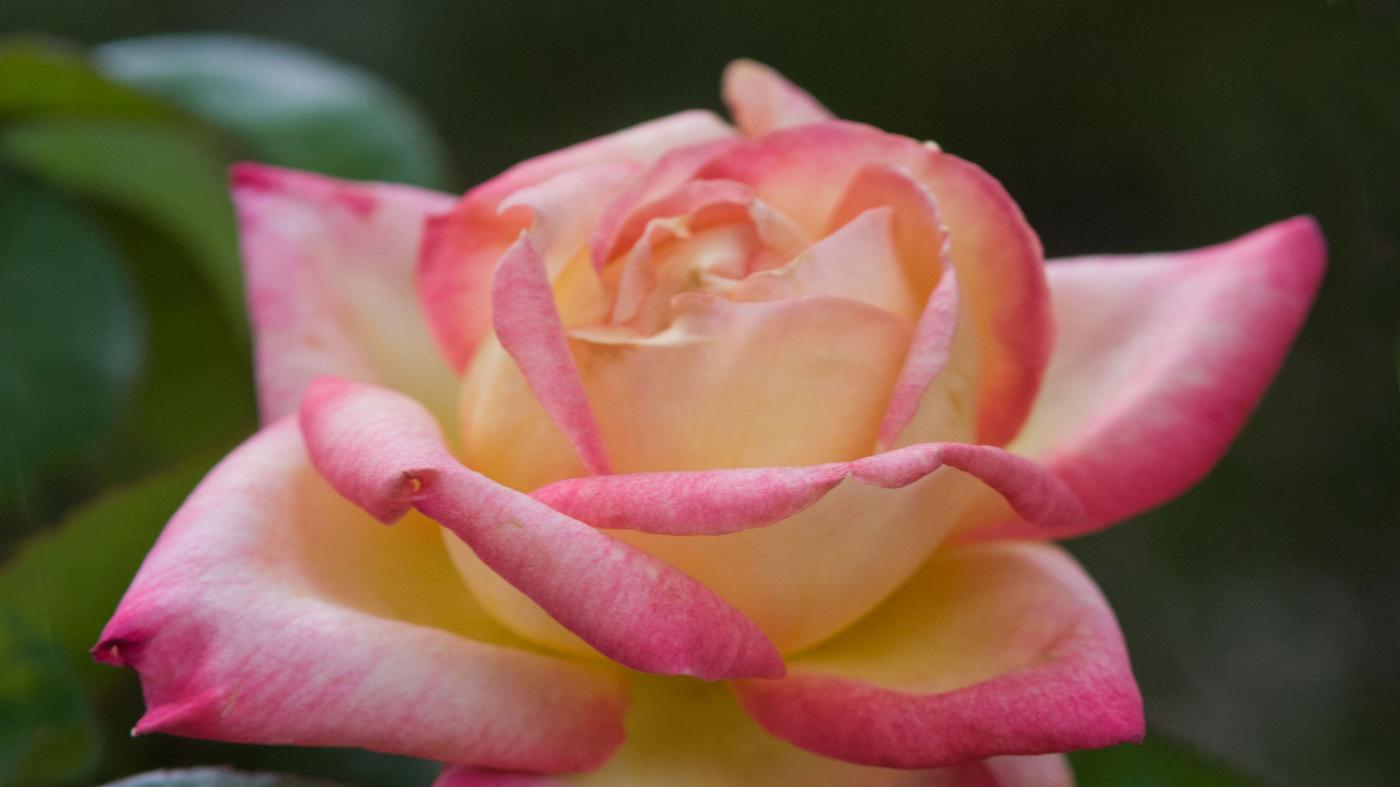

On Site Programs
On site field trip programs are guided investigations of NGSS-related phenomena led by Garden educators that are offered on-site at the Garden and include indoor lunch space for your group. Programs cost $140 and must be booked a minimum of three weeks in advance.
On Site Field Trips
There is a maximum of 25 students and 5 adults per program. Before or after your On Site Program, your group may explore the Garden and take advantage of the Model Railroad Garden and Butterflies & Blooms when in season. Call the Registrar's Office at (847) 835-6801 with any questions about registration.
We offer on-site workshops on most weekdays at 10 or 11:30 a.m. in fall and spring. Programs are 45 – 60 minutes in length unless otherwise noted. Availability depends on current bookings. Choose the season and then select your ideal date to see available time slots.

Scholarship funding to cover the workshop cost is available on a first come, first served basis for qualifying schools. Visit the Chicago Botanic Garden scholarship application to learn more and apply.
Workshop Offerings
Terrific Trees
Grades K – 1
Available in fall only
What do plants need to survive, and how do they get it? Investigate trees around the Garden and find patterns to learn how plants use their structures to survive.
NGSS: K-LS1-1, K-ESS3-1, 1-LS1-1
Wonders of Worms
Grades K – 1
Available in spring only
What do you mean worms don’t eat dirt? Investigate worms’ structures to understand their needs, hypothesize about their habitat, and learn some surprising facts about these marvelous organisms.
NGSS: K-LS1-1, K-ESS3-1, 1-LS1-1
Surprising Seeds
Grades 2 – 3
Available in fall only
How do plants magically appear in new spots? Seeds have amazing ways to get around. Compare seed structures and functions and test different ways seeds disperse.
NGSS: 2-LS2-2; 3-LS4-3
Flower Lab
Grades 2 – 3
Available in spring only
What is the reason for a flower, and how does it do its job? Become scientists through a guided dissection of a real flower to look for patterns in form and function to hypothesize about how pollination works.
NGSS: 2-LS2-2; 3-LS1-1; 4-LS1-1
Carnivorous Plants
Grades 3 – 5
Available in fall only
What's going on with these plants that eat bugs? We will introduce you to sundews, pitcher plants, and Venus flytraps and guide you through an experiment to understand what plants need and why carnivorous plants have adaptations to trap insects.
NGSS: 4-LS1-1; 5-LS2-1
Tropical Plant Paradise
Grades 3 – 5
Available in spring only
What makes tropical plants suited to their environment? Observe the characteristics of plants that grow in the tropics and explain how these adaptations help them survive in warm, humid conditions.
NGSS: 4-LS1-1, 5-LS1-1, 5-LS2-2
Pond Life Investigation
Grades 3 – 5, 6 – 12
Only available September 5 – October 27 & April 29 – May 31
What lives in a pond ecosystem? Find and identify organisms found in the Garden’s lakes and assess the water quality by measuring the biodiversity of organisms. Learn how certain species are indicators of healthy water.
NGSS: 3-LS4-3; 4-LS1-1, 5-LS2-1MS-LS2-4; HS-LS2-2; HS-LS2-6
Hydroponics Challenge
Grades 6 – 12
Available in fall only
Can you make a system to grow plants in water? Take a video tour of Windy City Harvest’s aquaponics system, learn the basics of growing plants in water, and then work with a Garden educator to design a small hydroponics system in your classroom.
NGSS: MS-LS2-4; MS-ETS1-1, 2, 3; HS-ETS1-1,2,3
Propagation Foundations
Grades 6 – 12
Available in spring only
How can plants grow without a seed? Investigate and experiment with different methods of plant propagation and discover how and why a plant has specialized structures to reproduce in different ways.
NGSS: MS-LS1-4, MS-LS3-2, HS-LS1-4, HS-LS1-2
If you have any questions, please email or call the Registrar's Office at (847) 835-6801.

